Palo Alto SEO Marketing Company
Off Page SEO

What is Off-Page SEO?
Off-page SEO refers to all the activities conducted outside of your website to improve its search engine rankings and overall online presence. Unlike on-page SEO, which focuses on optimizing the content and structure of your site, off-page SEO involves factors that are external to your website but still influence your search engine results. These activities primarily include link building, social media engagement, online reviews, influencer marketing, and other tactics that drive traffic and signal trustworthiness to search engines.

Difference Between On-Page and Off-Page SEO
While on-page SEO involves elements directly on your website, off-page SEO encompasses actions taken outside of your website to impact your rankings. Off-page SEO typically focuses on building backlinks, social media marketing, guest blogging, and influencer partnerships to boost a website’s credibility and authority.
- On-Page SEO: Controls elements within your website, like optimizing content, HTML source code, keyword density, and user experience (UX) factors.
- Off-Page SEO: Involves building a positive online reputation and authority through backlinks, social signals, and partnerships to drive traffic and credibility.
Each strategy supports the other; an optimized on-page setup lays a strong foundation for your site, while off-page tactics enhance its authority and reach.
Factors to optimize off-page SEO ranking
Off-page SEO refers to all the activities you engage in outside your website to improve its search engine rankings. Unlike on-page SEO, which focuses on optimizing the elements of your website, off-page SEO builds your site’s reputation and authority by influencing external factors. These efforts often involve gaining backlinks, increasing brand awareness, and driving traffic to your site from various platforms.
Backlink Building (Link Building)
Backlink building is the cornerstone of off-page SEO. Search engines like Google use backlinks as a measure of a site’s credibility, considering them “votes of confidence” from other websites.
Acquiring backlinks from high-authority, relevant websites can significantly boost your domain authority and overall SEO rankings. One effective approach to backlink building is guest posting on authoritative blogs in your industry.
Contributing valuable content, you not only establish your expertise but also earn valuable backlinks. Another strategy is using broken link building, which involves finding dead links on high-authority websites and offering your content as a replacement, helping both parties.

Additionally, participating in content syndication on high-traffic platforms such as Medium or LinkedIn Pulse can expand your reach and generate more backlinks. Ultimately, the quality and relevance of the backlinks you build are more important than the quantity.
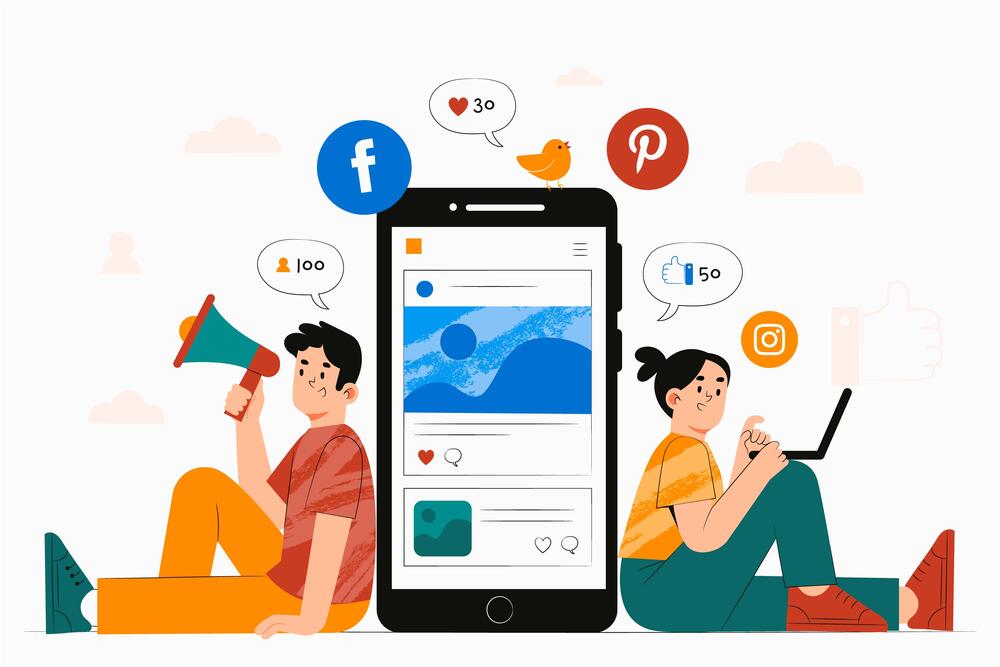
Social Media Engagement
Social media engagement plays a crucial indirect role in SEO, as it can drive traffic to your website and build brand recognition. While social media signals such as likes, shares, and comments may not directly impact rankings, they have a profound influence on visibility.
Regularly posting high-quality, engaging content across platforms like Facebook, Instagram, Twitter, and LinkedIn can lead to more traffic, which search engines recognize as a positive signal. Encouraging your followers to like, share, or comment on your posts, you can increase organic engagement, leading to more exposure.
Moreover, collaborating with influencers in your niche can expand your reach significantly. Through influencer marketing, you not only drive traffic but also gain backlinks and brand mentions, which enhance your SEO strategy and boost your website’s authority.
Influencer Marketing
Influencer marketing is a powerful off-page SEO strategy that can exponentially increase your brand’s reach. Partnering with industry influencers, you tap into their engaged audience, which helps in boosting brand visibility and building trust. Influencers can review your products or services, provide testimonials, and even create sponsored content that links back to your website.
These backlinks are valuable as they often come from highly authoritative sources. Moreover, influencer content can generate significant traffic to your website, which search engines interpret as a sign of your content’s value.
For the best results, it’s essential to collaborate with influencers whose audience aligns with your brand’s target demographic. With strategic partnerships, you not only improve your SEO but also build lasting relationships that can provide continuous benefits.


Online Reviews and Reputation Management
Online reviews are a powerful tool in off-page SEO, particularly for local businesses. Positive reviews on platforms like Google My Business, Yelp, and Trustpilot can enhance your credibility and boost your rankings in local search results.
Search engines value customer reviews as an indication of trustworthiness and relevance. Encouraging satisfied customers to leave reviews and responding to feedback—whether positive or negative—can significantly improve your online reputation.
Reputation management also involves addressing negative reviews promptly and professionally, showing that you value customer feedback and are committed to improving your services.
Regularly monitoring your brand’s online reputation helps you stay proactive in managing your business’s image, ensuring that your brand remains credible and visible to potential customers.
Content Marketing and Promotion
Content marketing is an essential part of off-page SEO, as it drives traffic to your website and generates backlinks. By producing high-quality, engaging content, you provide value to your audience while improving your SEO rankings.
Blogs, videos, infographics, and podcasts are all effective content formats that can engage users and encourage sharing. Promoting your content through email newsletters, paid advertising, and social media can further increase its reach. Engaging in communities on platforms like Reddit, Quora, and niche forums can help you share your content with a relevant audience.

Answering questions and offering helpful insights, you not only provide value but also link back to your website, driving traffic and improving your SEO performance. The more shareable and valuable your content is, the more likely it is to attract quality backlinks.
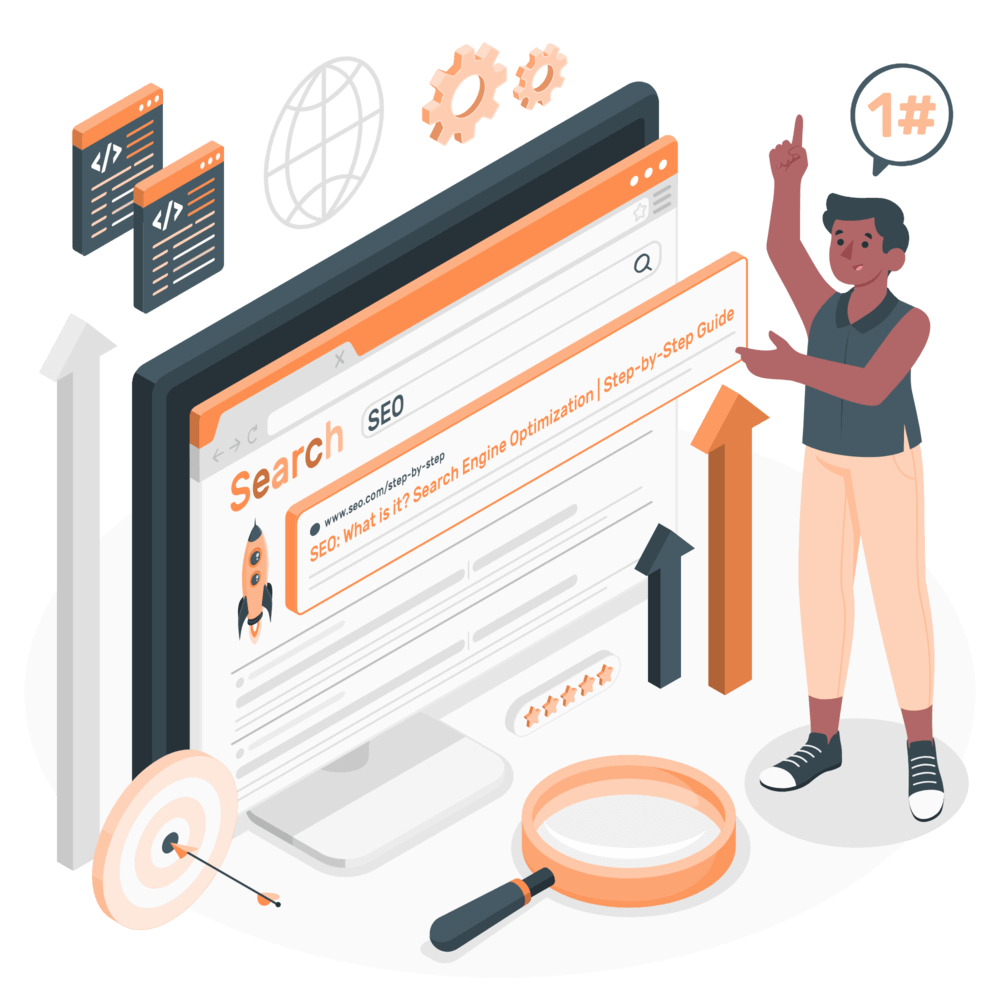
Local SEO Optimization
For businesses targeting specific geographic locations, local SEO is crucial. Optimizing your website for local search helps ensure that your business ranks well for relevant queries in your area. One of the first steps in local SEO is claiming and optimizing your Google My Business (GMB) profile.
Providing accurate and up-to-date information on your GMB listing, you increase your chances of showing up in local search results and Google’s local pack. Getting listed in local directories and industry-specific citation sites can also help improve your local rankings.
Local SEO helps businesses attract a highly targeted audience, improving visibility and conversion rates within specific geographical areas.
Brand Mentions
Brand mentions, even without direct links, play a significant role in off-page SEO. When your brand is mentioned on other websites, it enhances your authority and trustworthiness in the eyes of both users and search engines.
Brand mentions help search engines understand the relevance and reputation of your website. Even if these mentions don’t include backlinks, they still contribute to building your brand’s credibility. It’s important to monitor and track brand mentions across the web, using tools like Google Alerts or Mention.

If you find that your brand is being mentioned without a backlink, you can reach out to those websites and request they include a link back to your site. Encouraging user-generated content, such as blog posts, reviews, and social media mentions, can further strengthen your brand’s online presence.
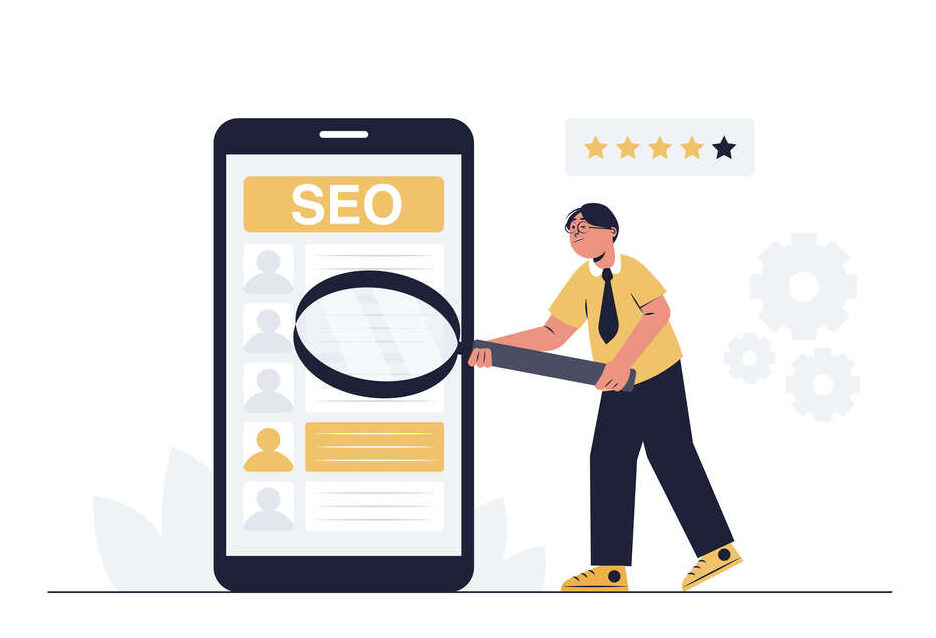
Content Syndication
Content syndication involves distributing your content across multiple platforms and websites to increase its reach and visibility. This strategy allows you to tap into new audiences and generate backlinks to your website.
Syndicating content to high-traffic platforms such as Medium, LinkedIn Pulse, and niche industry sites can help amplify your content and build authority. Republishing your content on relevant websites ensures that it reaches a broader audience, leading to more traffic and engagement.
Content syndication also creates an opportunity for additional backlinks, further boosting your SEO rankings. However, it’s essential to avoid duplicate content penalties by ensuring that syndicated content is republished with proper attribution and canonical links pointing back to the original piece.
Video Marketing and Optimization
Video content is an increasingly important element of off-page SEO. Optimized video content can drive significant traffic to your website, improve user engagement, and earn valuable backlinks. Platforms like YouTube, Vimeo, and social media channels offer a massive opportunity to promote your content and increase visibility.
When uploading videos, make sure to include keywords in the title, description, and tags to enhance discoverability. In the video description, include a link back to your website, encouraging viewers to visit your site for more information.
Sharing videos across various social media platforms and email newsletters can increase engagement and drive traffic to your site. Well-executed video marketing not only improves SEO but also provides an engaging experience for users, increasing time spent on your site and enhancing your search rankings.
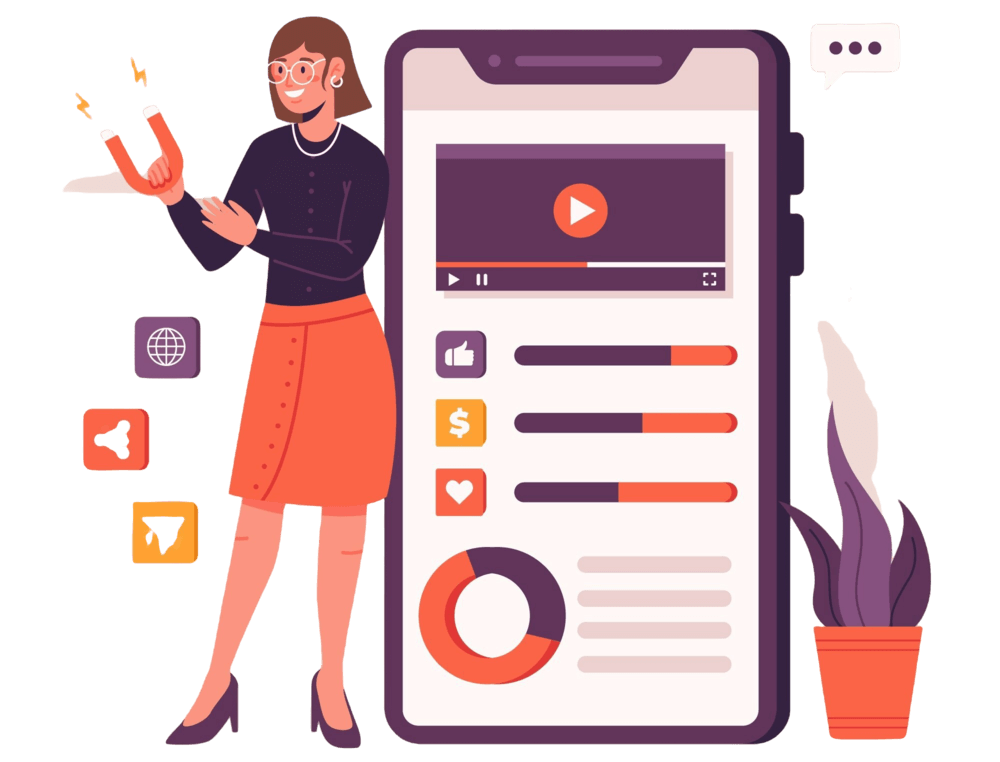

Social Bookmarking
Social bookmarking sites, such as Reddit, Digg, and StumbleUpon, allow users to submit content links, which can drive traffic to your website and enhance social signals.
These platforms allow users to share content they find valuable, increasing the likelihood of organic reach. Sharing your content on social bookmarking sites can improve its visibility and bring in traffic from a wide audience.
Engaging in discussions on these platforms and sharing your content in a non-spammy, value-driven manner helps build credibility and encourages users to explore your website.
In addition, social bookmarking sites can help create brand awareness and generate additional backlinks, contributing to the overall health of your SEO efforts.

Benefits of On-Page SEO on Your Website
Improved Search Engine Rankings
Acquiring high-quality backlinks from authoritative sites, search engines view your website as more trustworthy, increasing its chances of ranking higher in search results.
Enhanced Brand Visibility
Through social media shares, mentions in blogs, or being featured in authoritative publications, the more exposure your website gets, the more likely it is that potential customers will find you.
Increased Domain Authority
Backlinks from reputable websites increase your website's domain authority (DA). A higher DA means that search engines trust your website more, which often results in better rankings for competitive keywords and content.
Social Proof and Trustworthiness
Off-page SEO activities such as obtaining positive reviews and mentions from credible sources contribute to social proof. These signals show that your brand is trustworthy, encouraging potential customers to engage with your business.
Higher Click-Through Rates (CTR)
An up-to-date, professional website builds confidence among visitors. An outdated or poorly designed site can deter potential customers, while a polished, modern design communicates reliability and professionalism. This is particularly important for San Jose businesses in industries such as tech, healthcare, and finance, where credibility and trust are paramount. A high-quality website reinforces your brand image and encourages trust, fostering long-term relationships with customers.
Seamless User Experience
A positive user experience (UX) is critical for keeping visitors engaged and building a favorable brand image. Professional San Jose web designers ensure smooth site navigation, quick access to key information, and a cohesive layout. By offering a frustration-free experience, your website encourages users to stay engaged, interact with your content, and view your brand positively. In San Jose’s competitive market, a memorable UX can set you apart from the competition and lead to repeat visits.
Get Off-Page SEO Help from SEO Experts
Off-page SEO requires consistent effort, strategy, and knowledge to yield the best results. Whether you need assistance with link building, social media engagement, or influencer marketing, an experienced SEO expert can guide you through the process and ensure your off-page SEO efforts are aligned with your overall marketing goals.
Professional SEO consultants have the tools, expertise, and up-to-date knowledge to help you achieve long-lasting, measurable improvements in your website’s rankings and overall online presence.
Don’t leave your SEO success to chance—contact an expert today to start optimizing your off-page SEO strategy and drive significant results for your website.

Our Latest Case Studies and Success Stories
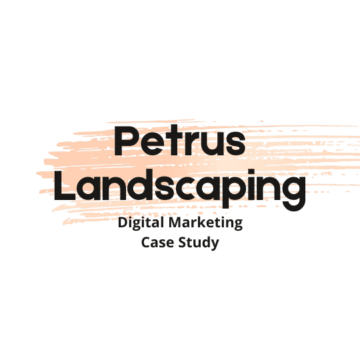
400% ROI with 70% cost savings for Petrus Landscaping
A Professional Services and Landscaping Industry Success Story achieving impactful results in a competitive landscaping market

15x ROI a full-service Marketing Campaign for Shraddha Impex
Expanding Lead Generation and Accelerating Organic Growth via Digital Channels - Automotive & Manufacturing Industry Case Study

600% Revenue Growth for a Party Planner Business
Our targeted digital marketing strategies helped boost their brand visibility and client reach - Event Management Company Case study

Customer Feedback
“After going through several SEO/Online marketing companies that had overcharged us and underdelivered, we are thrilled to have finally found Skysail Digital. Shraddha at Skysail is fantastic and provides not only a service, but an exercise in education and a learning process help you get the most out of online marketing efforts. We found that other online marketing companies would be very one dimensional in their approaches- providing only SEO or only social media marketing. ”
Ward Dilmore
Petrus Landscape - Founder“Skysail Digital has been an absolute game-changer for our business. Their SEO expertise helped us skyrocket to the top of search engine rankings, resulting in a significant increase in website traffic and conversions. Their personalized approach and unwavering commitment to our success make them a valuable partner in our digital journey.“ Definitely five stars!
Kinjal Mehta
CEO - Shraddha Impex“As a small business owner, I was initially skeptical about investing in digital marketing services. However, working with Skysail Digital has been one of the best decisions I’ve made for my business. Their team is responsive, knowledgeable, and truly cares about the success of their clients. I couldn’t be happier with the results!“
Devanshi Mota
Eastri - Founder“We’ve been working with Skysail Digital for several years now, and they continue to exceed our expectations. Their web design team transformed our website into a visually stunning and user-friendly masterpiece that truly reflects our brand identity. Their dedication to excellence and attention to detail make them a trusted partner in our quest for digital growth.“
Jinal Shahi
Plant It Events - FounderContact us today for a FREE consultation